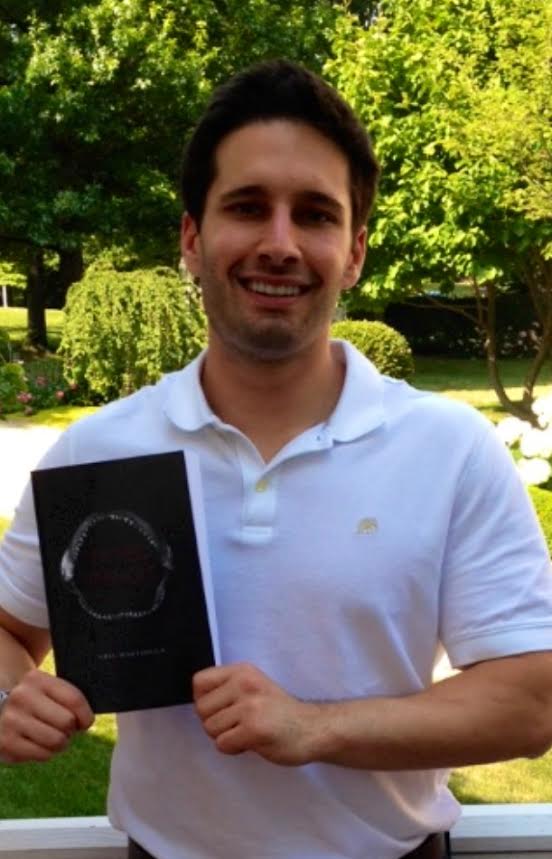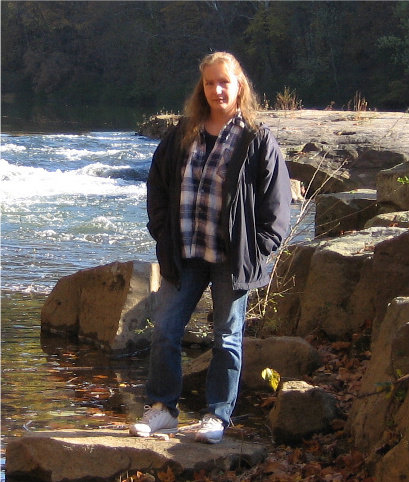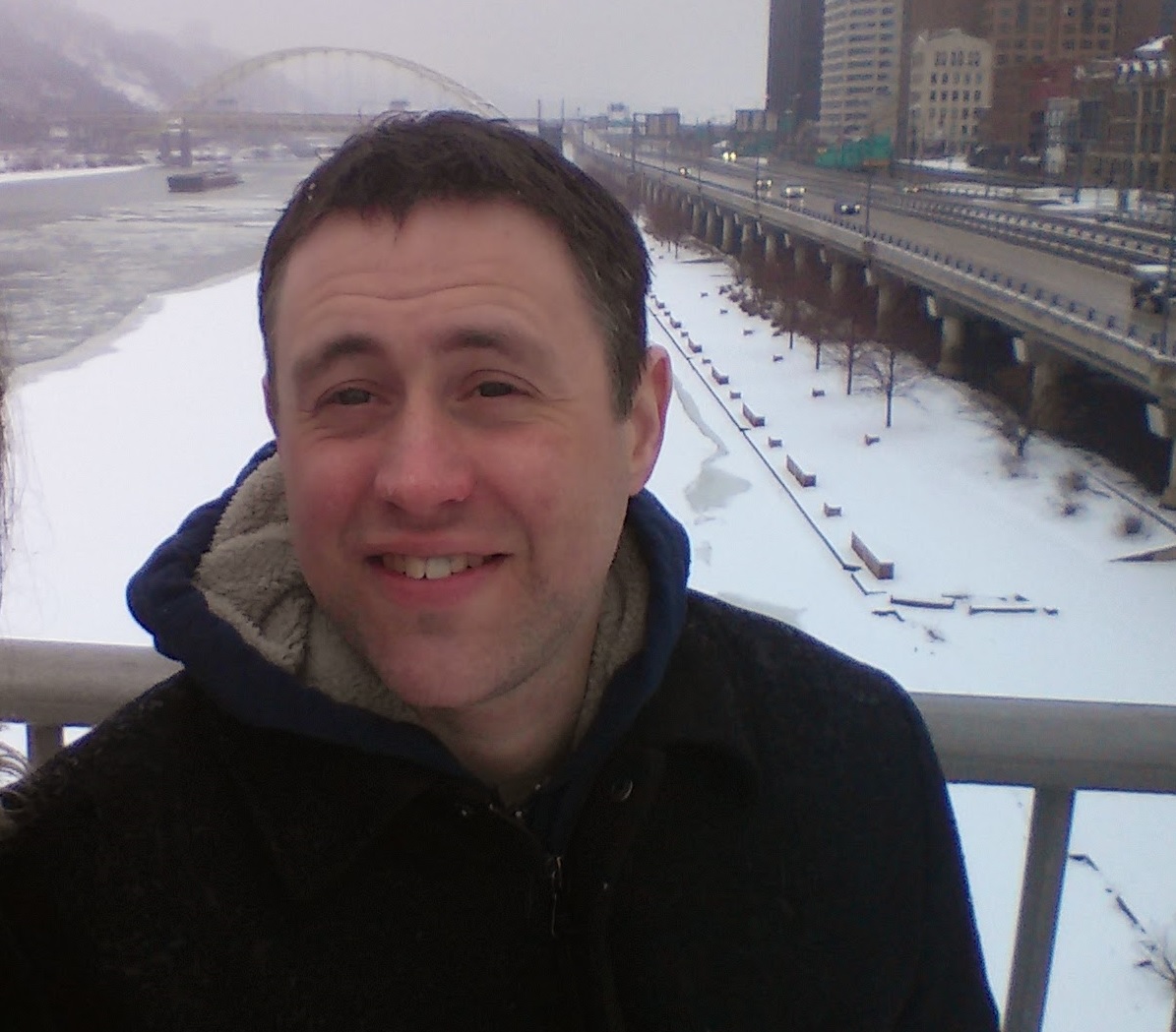I spoke with fellow author Eric Magliocca who teaches middle school English/Language Arts. Magliocca shared his personal opinions, not the opinions of his school or his school district.
“As an author, I want to explore new ideas and have the freedom to push boundaries,” he said. “My initial reaction is that banning books is wrong. However, it’s important to know your audience; if you want to convey your ideas to a broader audience sometimes you have to censor yourself.”
“As a teacher of middle school students, I have learned that not all books are appropriate for students at this grade level. You have to assign reading material that is appropriate for the group and offers the opportunity to touch on relevant points. Will the subject matter offend or make some members of class uncomfortable? Is there a unique lesson to be learned from the material or can another less objectionable book be substituted?”
Magliocca echoed a concern I frequently heard while working on this issue, “If you look hard enough, any book can be objectionable.”
He cited the often challenged book, Fahrenheit 451 by Ray Bradbury, to support this theory. Fahrenheit 451 was banned in several public libraries and school libraries for language, vulgarity, and unflattering depictions of religion. Imagine the irony of banning a book about a society that has banned all books and offers severe punishment for possessing books. The protagonist, Guy Montag is a “fireman” whose job involves burning books.
Magliocca points out an often overlooked facet of the book. The government bans all books to protect people from being offended by their content and to protect them from “dangerous” ideas. The government’s goal is to protect its citizens – to remove anything offensive or dangerous from daily life, but in doing so, it robs them of the ability to think for themselves and make their own decisions. If we isolate ourselves from everything that can possibly offend us, our beliefs will never be challenged. How will we grow and change?
Jackie Zataweski, the director of the Nottoway County Library in Crewe, Virginia pointed out to me that 98 % of book challenges come from the parents of children aged 4-6 or 14-16. She sent me an article by Jaime LaRue, an author and librarian in Colorado discussing the challenges faced by libraries in regard to book selection, censorship, and public opinion.
Rob Kalchthaler, the adult services librarian at the Bethel Park Public Library also provided some useful information on banned books.
The American Library Association list of challenged books includes information about when, where, and why a certain book was challenged or banned.
I was astonished to learn the most challenged book in America in 2012 was the Captain Underpants book series by Dav Pilkey. It beat out Fifty Shades of Grey.
Parental objections to the popular book series about two prank loving boys who create a super hero include concerns about language considered inappropriate for elementary aged kids (this includes the mention of the word “underpants”),pranks, violence (the boys battle a robot hitting it with a stick), and disrespect for authority.
Apart from parental objections that may seem unwarranted, and objections to sexual content there are many other reasons books are challenged or banned. Different countries, cultures and religions have different standards for banning books.
Listed below is a grouping of books according to why they were challenged/banned:
Religious Objections:
The Bible – banned in North Korea and restricted in several countries. Copies of The Bible in Spanish were prohibited in Spain from the 16th-19th centuries, and in 1234 King James I of Aragon ordered burnings of bibles written in the vernacular.
New World Translations of the Holy Scriptures – the import of this Jehovah’s Witness publication was banned in Russia in 2015.
The Quran – scrutinized and censored at various times throughout history. Outright bans of the Quran in the West usually only occur among extremist right wing groups. In a surprising decision by a Russian court in 2013, text from the Quran was censored under the country’s extremist laws.
National Security:
Jaeger – i krig med eliten by Thomas Rathsack – in 2009, the Danish military tried to ban this autobiography for national security reasons, but its request was denied by the high court after copies of the book were leakedin the press and on the internet.
Operation Dark Heart by Army Reserve Lt. Colonel Anthony Shaffer – though previously approved for publication by the Army in 2010, the U.S. Department of Defense purchased and destroyed all 9,500 first edition copies citing national security concerns. The publisher, St. Martin’s Press worked in cooperation with the DOD to create a censored copy of the book.
Spycatcher by Peter Wright – this autobiography of a former MI5 intelligence officer was banned in the United Kingdom from 1985-1988 for revealing secrets before it was ever published.
Content Contrary to the public welfare:
Mirror of the Polish Crown by Sebastian Micyński – this anti-Semitic pamphlet published in 1618 was one of the causes of the anti-Jewish riots in Cracow; it was banned by Sigismund III Vasa.
Suicide mode d’emploi by Claude Guillon – this instructional manual on how to commit suicide caused the French government to pass laws prohibiting people from inducing others to commit suicide or advertising/providing products, objects, or methods for committing suicide. All reprints of this book in France became illegal.
How to make disposable silencers by Desert and Eliezer Flores – one of many books banned in Australia for promoting, inciting, or instructing in criminal matters or violence.
The Hoax of the 20th Century by Arthur Butz – classified as hate literature in Canada. Copies of this work were destroyed by the Royal Canadian Mounted Police.
Fraud or gross inaccuracies in non-fiction:
The Federal Mafia by Irwin Schiff - An injunction was issued by a US District Court in Nevada to prevent the sale of this non-fiction book which was found to contain fraudulent material.
Lethal Marriage by Nick Pron – this true crime book was removed from all public libraries in St. Catharines (Canada) because of alleged inaccuracies after a complaint was filed with the library board by the mother of one of the victims.
Political Ideology/subversive material:
All current and future works by Aleksandr Solzhenitsyn were banned in the Soviet Union in 1964. Copies of certain works were allowed in the 1980’s. In 2009, the Educational Ministry of Russia added The Gulag Archipelago by Solzhenitsyn to the curriculum for high school students.
Lysistrata by Aristophanes (written in 411 B.C.) - This play was banned in Greece in 1967 for its anti-war message.
The Meritorious Price of our Redemption by William Pynchon – this book written in 1650 was the first book to be burned and banned in the New World. It was an explicit critique of Puritanism. Pynchon, the founder of Springfield, Massachusetts was accused of heresy by the Massachusetts General Court, and he returned to England in disgrace after turning his holdings in the New World over to his son.
Take our Banned Books quiz to test your knowledge about the reasons other books have been challenged or banned.
*The Red Triangle by Eric Magliocca is available in paperback on amazon.com in paperback and eBook. It is also available at barnesandnoble.com.
Captain Underpants cover art: By Source, Fair use, https://en.wikipedia.org/w/index.php?curid=3146650
Resources:
The American Library Association: http://www.ala.org/advocacy/bbooks
The Bethel Park Public Library’s display for banned books is showcasing challenged books in their collection including biographies of people who have tested free speech (Madonna, Muhammed Ali, Mark Twain, etc.), and books on rights and freedoms.
The Library is hosting an ACLU talk on free speech on Monday 9/18/17.
http://www.eventkeeper.com/code/friend.cfm?curOrg=BETHPARK&tEvt=5181381
Jamie LaRue: TITLE: The Next Chapter: Reinventing Myself at the Library.
Source: Colo Libr 34 no1 2008.
Klass, Perri, M.D. “Banned Books Your Child Should Read.” The New York Times 16 Jan. 2017.










